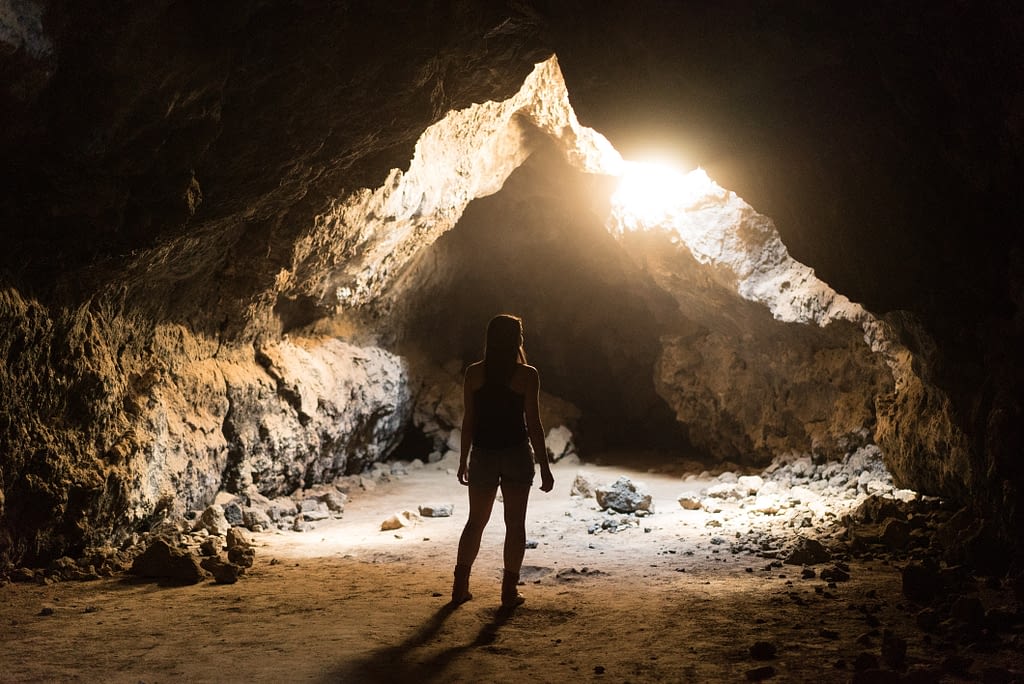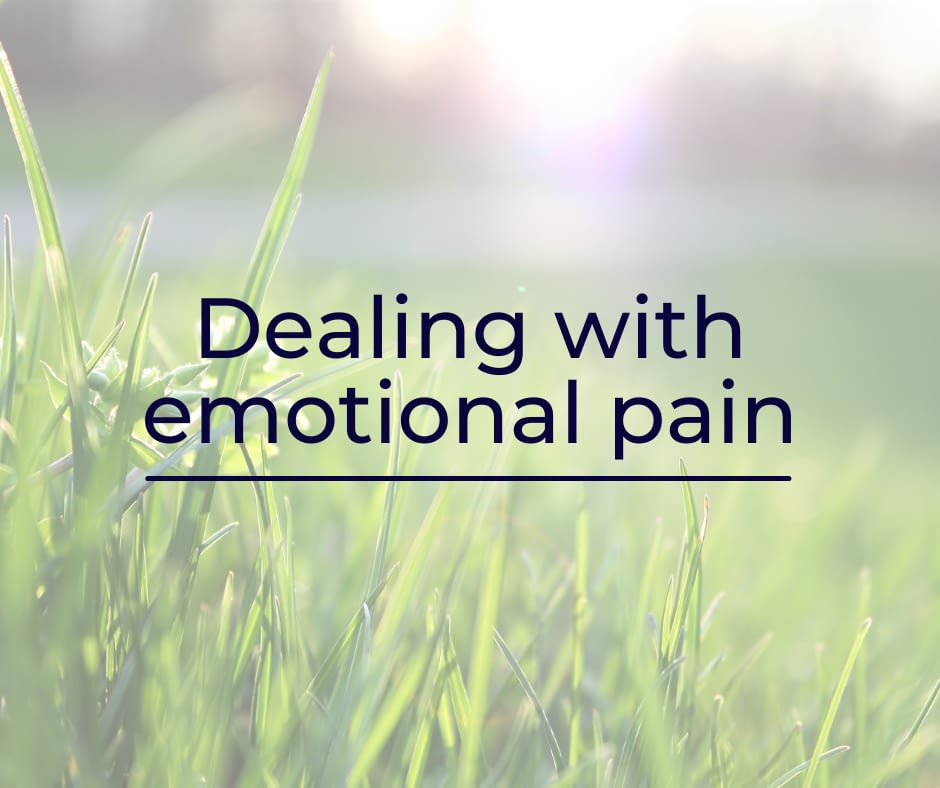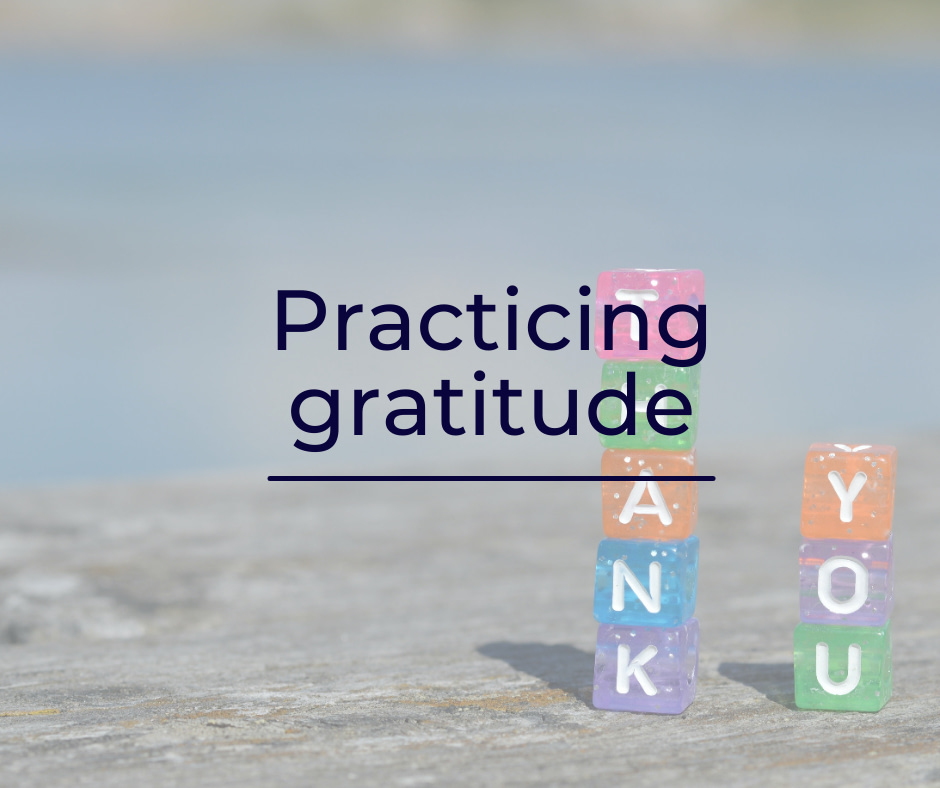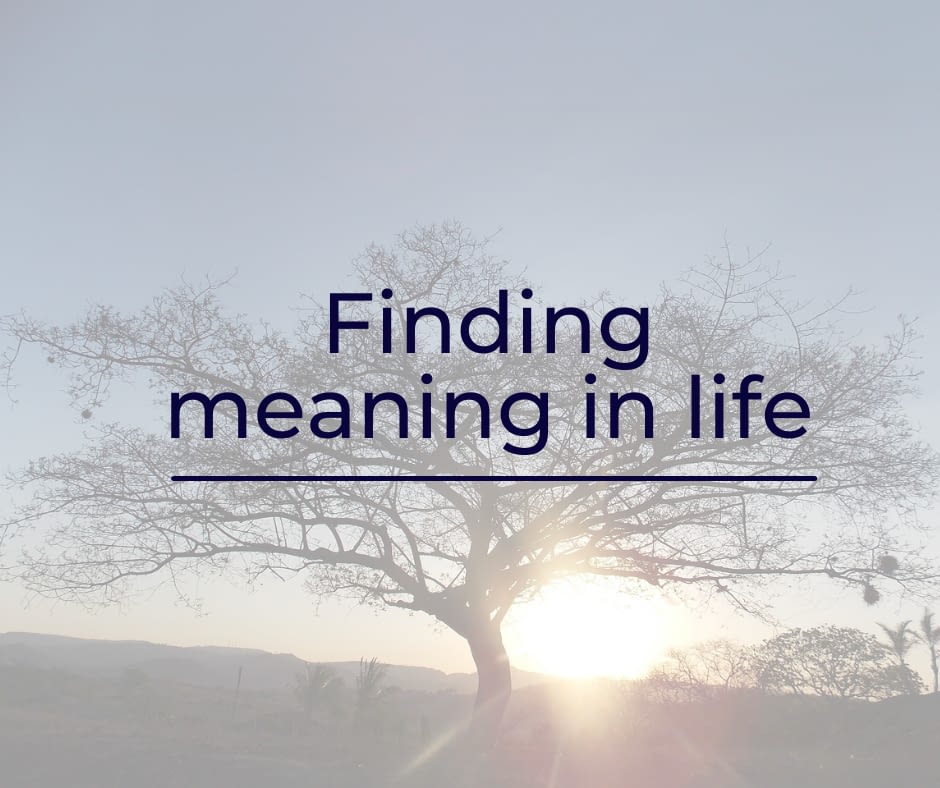When I first came across Human Design, reading my chart was a big ‘AHA’ moment. I could put words on some of my behaviors I considered ‘a problem’ and discovered that it was just how I was. There was no problem as such. Knowing that helped me make peace with myself.
After attending a Masterclass Introduction, I invited Birga, a business coach and passionate about Human Design, to introduce us to this tool.
She explains what it is and how it can be used to discover more about ourselves, accept ourselves more, and others too!
Human Design invites us to embrace what makes us unique and encourages us to embody our truth; everything being perfect as it is.
What is Human Design?
Birga: Self-acceptance is the basis for my work and the driving force behind what I do. In general, it’s one of the most beautiful and important things to give to others, to be able to fully embrace who they are.
Human Design came into my life about a year ago. Before that, I have been already working as a coach, mainly with other entrepreneurs who were really seeking to create a passion-based business that is the reflection of who they are. One of the first things I started with was getting to know yourself. Getting to know yourself is usually a conscious process. Tell me about yourself; What do you remember?; It’s something you talk about your life journey and experiences, and this is how it all started. At some point, I felt something was still missing and this is the moment when Human Design came into my life.
To make it easily understandable, Human Design is a self-awareness tool. It’s a tool that helps you get aware of who you were born to be. That’s how Human Design is selling itself.
Why ‘Born to be’? Because Human Design is looking at all the things and qualities you were born with. That’s also why it’s based on very ancient and esoteric wisdom. It combines the chakra systems, astrology and the kabbalah tree of life. It looks at everything you can’t consciously know, that you can’t reflect on, but when you hear it, then there is remembering in you. There is a moment when you think ‘Wait a minute, that feels right. This is me, I recognise that.”
When I talk about Human Design, it’s not about telling someone who they are but let them remember who they are by themselves and activating that. It’s not only a mental activation but also an emotional and physical one. It happens on so many layers that sometimes when I give my deep dives, many things happen but not on a mental level. There is more flow coming into the system like a release of energy that was stuck. The reason for that is that we get so conditioned throughout our lives, by the opinion of others, that we forget who we really are or think that who we are is not enough. We start to look at everything we are not, we start to see what everyone else is doing and we’re thinking ‘Hm, maybe I have to go more into that direction.
From that moment, we’re missing the whole purpose of our existence by trying to copy someone else’s path. Human Design is a tool that isn’t telling you what you need to do because that leaves a lot of open room for what you can do with it, but it gives you ideas into which areas you can look, what you can make stronger. And mainly to shift the focus on all of your strengths that you already have, away from everything that is there that you feel ‘Oh, that could still be better’.
Human Design helps shifts the focus on the qualities we possess
Camille: What you said about shifting the focus on what we don’t have and what others have to what we do have and what’s already there; putting more energy on that is what I really like about this tool.
Birga: It is. You’re all about self-acceptance and I think Human Design doesn’t directly lead to self-acceptance but it’s the first stage, self-awareness. And without self-awareness, without knowing who we are, how can we accept who we are. A lot of people run around with an idea, a version of who they are or who they are supposed to be. And Human Design puts a finger in it and says ‘Is that really the case?’. This is why I use it as an additional tool because I still find the nurture part, your experience, your life journey is still important, but when it comes to creating more alignment in your life and your business, then it’s sometimes helpful to look at what you are focusing on, are you focusing on areas in your life that are not meant to be used that way by you? Or are you focusing really on your strengths and communicating that?
Camille: It could also be used as a compass whenever we get unsure or off track? We don’t feel especially aligned and ask ourselves questions like: what are my strengths? What is my purpose? Am I using my qualities at their best?
Birga: Yes, you said it beautifully. It’s like a compass and some people say, it’s like a user-manual to yourself and it sounds very practical. I really like the picture with the compass. It can help you, it can direct you as much as you want. Sometimes some things in Human Design need to be processed. It takes time to integrate, not everything speaks to you at every moment. And it’s not about forcing things but I think it mainly teaches us that the right things come to us in the right moment.
Human Design is first a tool to develop self-awareness
Camille: I love what you said about reactivating what we know and Human Design is the first step towards self-awareness. I remember when I read my chart for the first time. It was a big ‘Aha’ moment.
Reading the chart helps us put words on how we function. That’s also why I like the user-manual expression. You get to understand what you were given when you were born.
Birga: Of course, and all the experiences also contribute to who you are. It’s not only who you were born to be, but it’s also everything that you’ve experienced that is important to look at. But, and the interesting thing is that there are still some people, who don’t recognise themselves in Human Design and there can be several reasons. I think of them is that some people don’t really know the exact time they were born because this is very important in Human Design. Sometimes even minutes can make a difference. For some designs more than for some others. But sometimes that’s also because we’ve been conditioned so strongly by our environment, especially in the early years when we grow up, it has a strong influence on us. Depending on the Human Design of the people we grew up with, we are conditioned in a certain way.
For example, I’m a generator – there are 5 types in Human Design – when I’m raised by another type that isn’t a generator, I don’t learn how to be a generator. Because all the things that make me a generator are maybe not as appreciated as they would be by someone who’s also a generator.
We can always assume and be empathetic about who someone else is but we can never be or feel the same way.
I think the conditionings are also something we need to grow into the person we are meant to be, although the obstacles are there to help us grow as well. Something to mention: people around us don’t do this consciously. Nobody tries to give you the feeling that you’re not right as the person you are, it’s a subconscious process and that’s because we’re so busy with ourselves that we think everybody around us feels and sees the way exactly as we do.
This is also why I love Human Design for yourself but also for others because we start to understand that some people might never see it our way.
Human Design, a tool to understand and accept others better
Camille: As you mentioned, there are 5 different types and from the moment we understand we are different from the 4 others, ultimately we understand that they function differently. If sometimes we may feel a bit lonely or not understood by our environment, this might be an explanation.
I remember when I read my chart, for example, I’m a manifestor, and I realised that in my previous job, I was the one initiating but couldn’t finish anything or I didn’t have the same energy to finish projects. It gave me more empathy towards others but also towards myself because I used to blame myself for not finishing or not having the energy to finish projects.
In that sense, Human Design feels like a key towards more self-awareness but also more self-acceptance.
Birga: Self-acceptance is in general important for the world. If we all accept ourselves I think we’re all in a better space and we’re happier and more fulfilled with our lives. We all know that comparison is a big topic, and I think it’s the number one thief of joy, because every time we look at someone else, we’re telling ourselves that we are not good enough as we are, instead of trusting that everybody has the same value. I like to see it as a puzzle. Every one of us is a puzzle piece in the grand scheme of life and if I look at someone else’s puzzle piece, then I can’t be my own. Then nobody else is going to replace that. Then we have one piece missing in the whole puzzle. I believe it is so important that everyone really shows up as themselves to be happy, to really be fulfilled in their life, because it will never be fulfilling to play a role, to be not loved for who we really are but for some role we are playing.
In general also to work together better as a team, in relationships, in the world. In general, it’s better for the world and for ourselves.
Camille: That’s beautiful, this is exactly how I see the world and people as well, but the puzzle metaphor is very nice.
It makes me think of what you said during your Masterclass. All these five different types play a specific role that matches the others. Could you please explain it again?
Everyone has a specific role to play
Birga: Of course. One of the first things I thought when I discovered I’m a generator was “Why am I a generator? Why am I not more special?”. The generator is the type that exists most, app. 37%. Manifestors for example, like you, are only app. 8%. My father is a manifestor and I wanted to be a manifestor. Sometimes, and depending on how you were raised, there is a disappointment.
I was raised by a manifestor so I valued manifestors very high. Generators are described in the literature as the ‘workabies’. They’re just working and can work 24/7. They’re building the world but they’re executing all the beautiful ideas from someone else.
I was like ‘No, I have my own ideas’. But with time, I got to understand that we try to give a meaning to everything, but there is no meaning. There’s nothing better or worse. Everyone is working together. Every type is needed exactly in the way they are. And I can now see how often I’m initiated by manifestors. They do something with me. When I talk to someone who is a manifestor, I suddenly get an idea, I get inspired. Then I work on the details. I had to let go of my ego.
The qualities I bring are needed in the way that I have them, and everything I don’t have is delivered by the environment around me. So it’s not about one type is more important than the other but I believe the focus should be more on how do we work together in the best and most effective way to create a better life, a better world. We do that best in accepting who we are because while I try to be a manifestor, I can’t live my purpose as a generator. People will always sense the generator within me. And this is my true power. I can copy a manifestor but when I do it, people will be repelled by it. When you do it, people will be attracted by it. When I’m in my generator power, then people really think yes, this is it. That’s the same in business, people sense who you are, feel the misalignment when we try to be someone we are not. When we try to be someone we are not. In the end, it’s all about authenticity for all of us.
Camille: The example you used: talking to a manifestor that will give you an idea to generate, it’s not as strict and hierarchy oriented. You simply talk to someone, then it triggers an idea that will make you do something.
Birga, Definitely. Sometimes we created a picture or interpret things in a certain way. A lot of times I resist being initiated by others because I was thinking I need to have my own ideas, I need to completely initiate something, but then I realised this doesn’t work for me. I also realised that manifestors have this deep passion and love for initiating others. And when I don’t let them, it takes something away from them. I actually keep them from fulfilling their purpose, their power.
When we really come back to our journey, our true self and all the strengths that are associated with it, then we also work better together and appreciate others more.
Accepting who we are to express our potential and bloom
Camille: The image I got when you said that is to leave space for the other person to express her potential and to bloom.
Birga: We all have our gift and our type is a very general idea of some basic energetic patterns, but there are so many different types under the main type. You can’t just say that every generator is alike. There are so many different energies. There are similarities in some areas, but in the end, we’re still all unique, we’re still all different. You will see patterns, but the way you express yourself, what your purpose in life is, what you need to follow and talk about is unique to you. That would look completely different in someone else.
Usually, one of the biggest game-changers in my human design journey, which is also ongoing, is to learn to shift the focus on what we have. These is all the parts we have defined in our chart. Our chart is showing what we consistently have on a daily basis. To be your life on that and to use that to your advantage is the real game-changer. I’ve been focusing too much on my own pain points, on the things that I don’t have consistently available to me, and just shifting the energy a bit, I realised this is not what I’m supposed to focus on, to fix or make better. This is something I need to be wise about.
Camille: The word you used ‘fix’. There’s nothing that needs to be fixed. Everything is already there and we’re just perfect the way we are.
Birga: Yes, that’s basically the main message! (laugh).
For some reason, I feel this is still what has been going on. That’s why there is so much misery in this world as we feel we’re not good enough in the way we are. Usually, because we don’t know how to translate who we are into a life that is practical. It’s not about being the richest person, it’s not so much about money, but having a life where you can live in a way that is good for you, that is also unique. There is no general rule about the amount of money you need to make to have a happy and fulfilled life. Sometimes it appears to be a bit like that. But I think real happiness can be found when we live as ourselves and when we start to realise that no matter what comes out of it, it’s enough. It can’t be proven by money.
That’s also why the richest people are not necessarily the most fulfilled.
Listening to ourselves more to live a fulfilling life
Camille: Some people’s life goal is to have a family, to have a lot of kids, and have a normal life, while others want to travel the world and others want success or want to initiate.
There’s no measurement for happiness because as you said, it’s very unique. We’re living in a world where everything is getting standardised and we are told ‘This is success’, ‘This is what a good life is’ and we can get the feeling that if we don’t have this kind of life then there’s something wrong with us. It would be simpler if we could start listening to ourselves more and become more aware of what we like, what we’re good at, what provides us joy because in the end, this is what life should be about.
Everything you said resonates so much and it’s the confirmation for me that Human Design could be a tool to help us develop self-awareness and self-acceptance towards ourselves and others. It could be the key to a better world.
Birga: Yes, but not everyone finds Human Design as the right tool for them and that’s alright. It’s not necessary to use it to come to good self-awareness for example. Some people might already have good self-awareness. They might not be busy questioning themselves or thinking there is something missing. Personally, it’s been a tool that has really helped me get more answers.
If you don’t feel the need to dig into it, when you feel you’re on the right path, then why bother? But for those who’ve tried a lot and don’t really get anywhere, then Human Design can be a way, but it needs some patience. It’s not something you look at and know everything about. Even after a month you won’t because it has many layers. It’s an ongoing journey. It can be part of your life or not.
Camille: It’s interesting what you mentioned. Some people don’t need those answers, they don’t even have those questions in the first place. I’d like to be like these people, but I’m not and I try to accept who I am.
Birga: Yes, self-acceptance is the key. It’s great that you help people with that. You have a real gift at communicating and I think offering from your perspective and life experience, another insight into topics and a unique insight into topics we hear about a lot, but that we sometimes still don’t find accessible. Whenever I listen to your podcast, your voice and the way you tell your experiences and your insights, they do something with me and activate something within me. You have a special gift there.
I think in the end we need to follow our gifts, even if sometimes they don’t make sense in the beginning. Our mind wants to make sense of everything but some things are not meant to make sense right away
Camille: Yes, and that’s okay. I like to see it as a journey. Often when we look back, we were in the middle of the storm and only years after, everything fell into place and what we experienced makes sense eventually.
Birga: I think it was Steve Jobs who said that ‘We can only understand the red dots in our life looking backward’. In Human Design, I have one channel that is connected to making sense out of things. This is a quality that is directed at the past. You need to reflect on past information to make sense out of it. If we try to make sense of our life looking forward, it will never work and this is what we try to do. We try to figure out our path by looking into the future but we can’t. That’s also about acceptance. We need to accept that we don’t need to know the future in order for our past to make sense in the end.
If you want to know more about Human Design, you get reach out to Birga on Instagram @findingtruepurpose .




